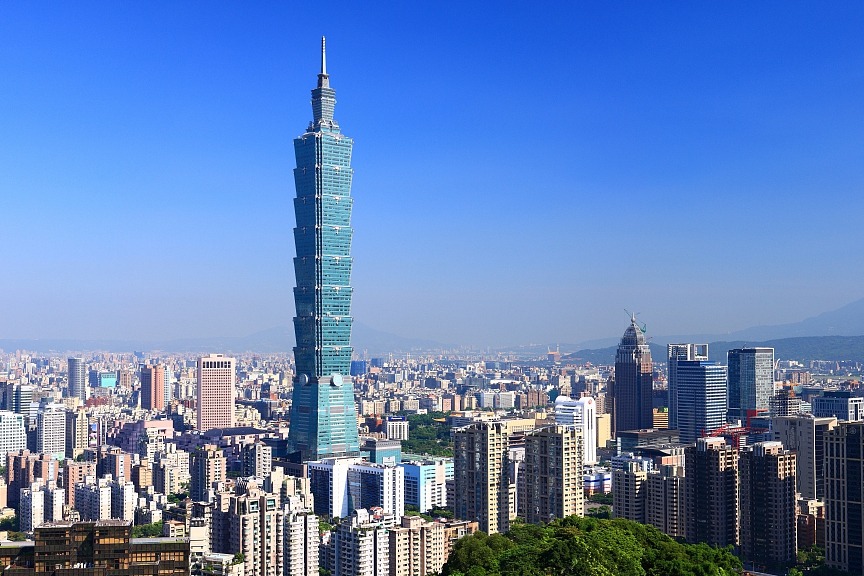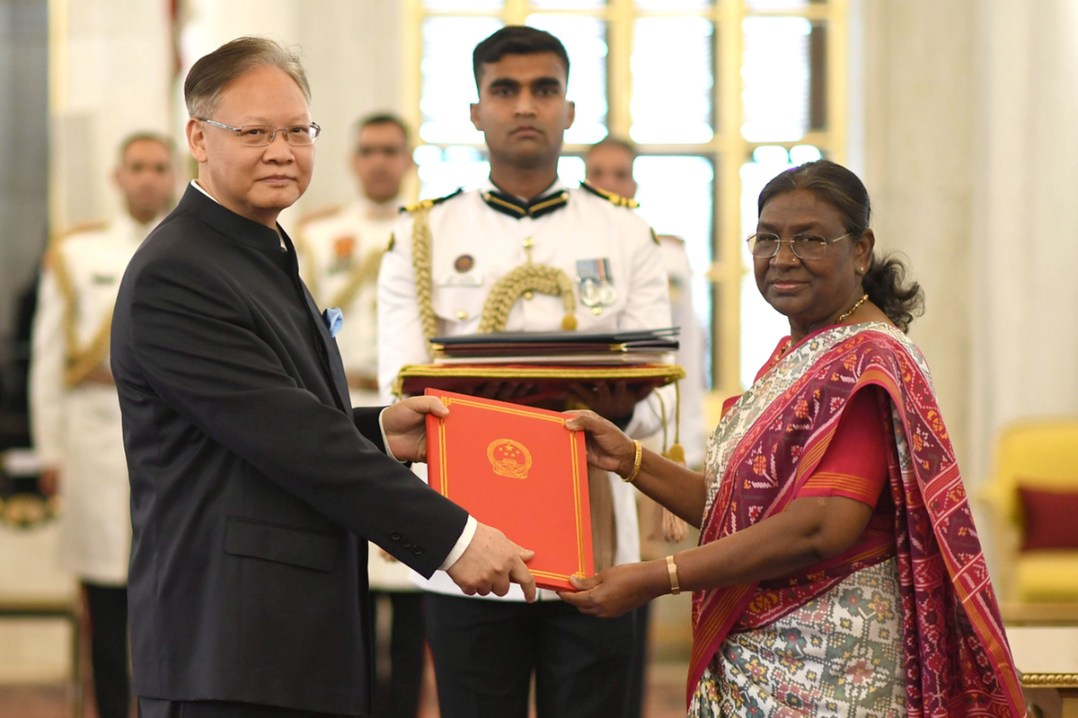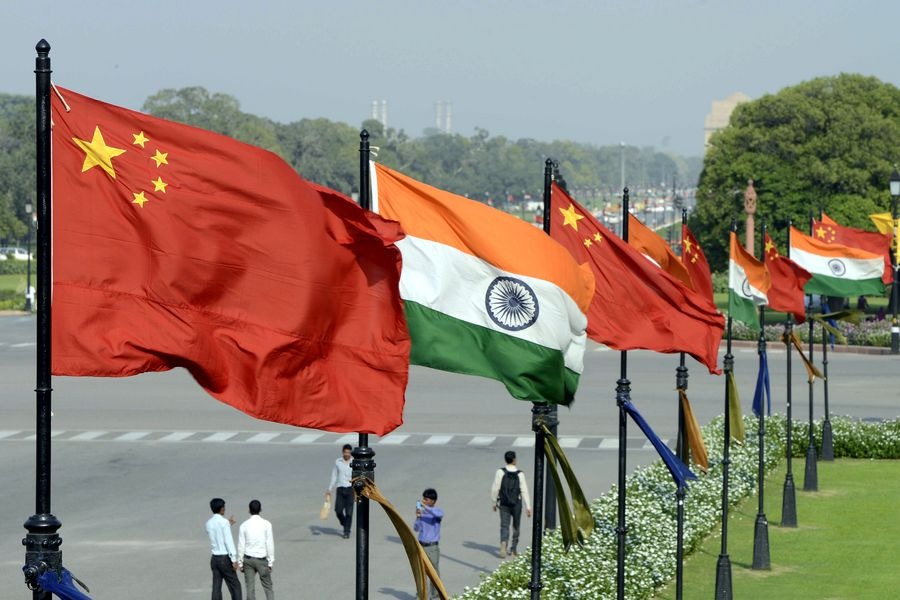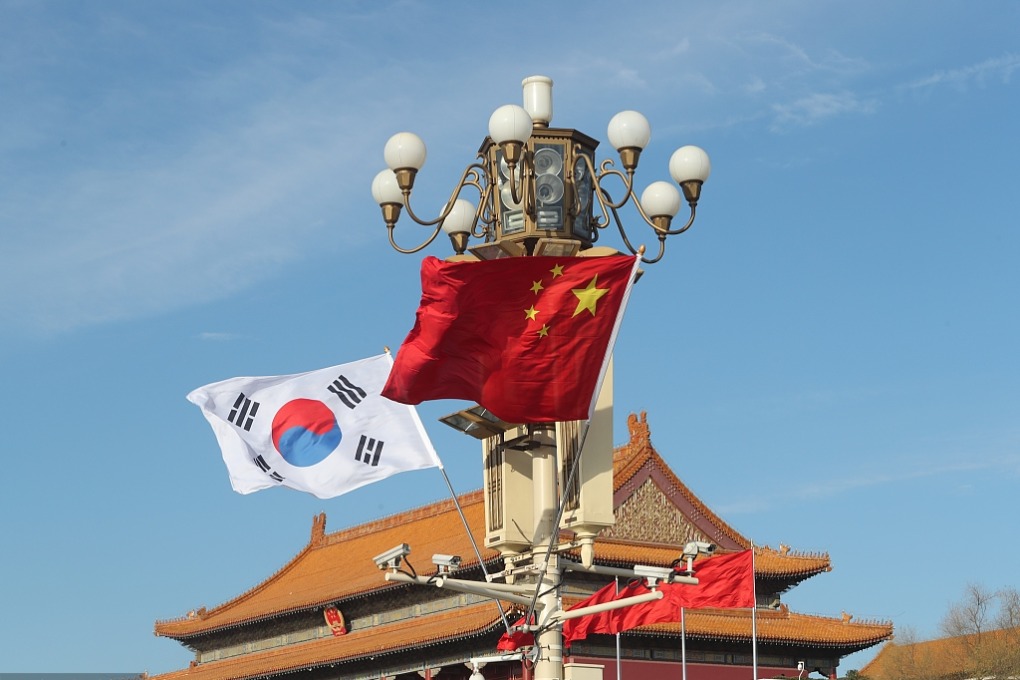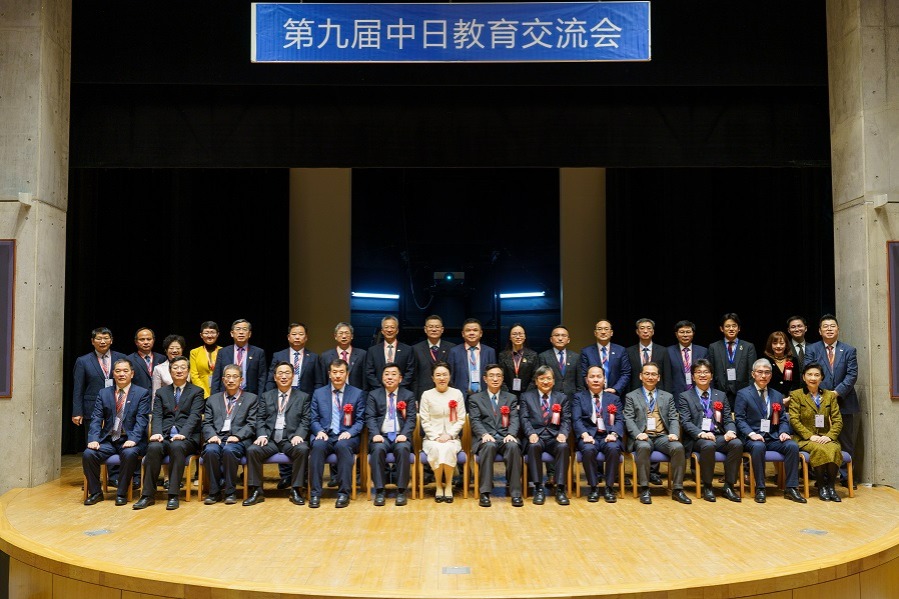Peaceful coexistence with others


The Five Principles of Peaceful Coexistence are still pertinent today as a framework connecting the 'two parallel worlds'of developing and developed countries
In 1954, 70 years ago, Chinese Premier Zhou Enlai affirmed the principles of "mutual respect for sovereignty and territorial integrity, mutual nonaggression, noninterference in each other's internal affairs, equality and mutual benefit, and peaceful coexistence". For Asian and African countries that suffered under the yoke of Western colonialism and imperialism, these principles were both goals and strategies for overcoming their plight. Amid the rapid progression of the Cold War between the East and West, in 1955 Asian and African countries gathered in Bandung, Indonesia, to discuss participating as independent nations in the postwar international order based on these five principles. The US, not invited, worked to obstruct the solidarity of Third World countries at this conference.
How much progress has been made in this struggle between liberation and oppression over the past 70 years? Seventy years ago, fear and animosity toward China led to containment policies by the US, Japan and others. Today, renewed containment is driven by fears of the rise of emerging countries such as China. While one side seeks to deter what it perceives as "threats", for the other side, it represents independence and economic development had just attained.
The dynamics of Japan-China relations have evolved within this framework. Despite advancing democratization and considering itself a peace loving country after its defeat in World War II, Japan has sought to contain China via its military alliance with the US during and after the Cold War.
Based on the "logic" of Western countries, developing countries should not pursue economic development to the extent that it threatens advanced countries, and they should abandon socialist systems. Denying them the pursuit of prosperity and the advancement of their own nations goes against the fundamental principles of freedom and equality in Western modernity. Even in a multipolar world, the exclusion of entities that deviate from Western standards continues. Moreover, the structure of sustained unilateral hostility and attacks from the strong (former colonial powers) on the weak (colonized countries) is perceived as balanced in the Western world.
In Japanese society, while some people advocating for pacifism and international cooperation, there is a prevailing notion that the strong preying on the weak is a harsh "reality", and it is inevitable. Otherwise, the pacifism that abandoned war and military forces would not have been undermined, and military strengthening would not have progressed. Instead of leveraging the proactive nature of pacifism that abandoned war and military forces, it is perceived to be a weakness. Most of people think that military strengthening is inevitable.
It is worth noting that peaceful coexistence is positioned as a higher concept that encompasses the principles of respect for territorial integrity and sovereignty, non-aggression, non-interference in internal affairs, and equality and mutual benefit. Peaceful coexistence rejects power politics during the dawn of decolonization and advocates for principles that recognize the existence of all, regardless of the strength of their power or differences in social systems, on an equal basis.
Writing in this way may lead some readers to think that the Five Principles of Peaceful Coexistence were rules for the Third World to counter Cold War confrontation. However, by examining the content of the Five Principles, it becomes evident that they emerged in the historical context of anti-aggression and anti-colonialism against Western countries. It should be understood that the countries that confirmed these principles together formed the Third World.
It should be emphasized that the Five Principles of Peaceful Coexistence have also been aimed at peaceful coexistence with the West. In practice, during a period when political coexistence with Western countries is not immediately possible, incremental civilian diplomacy has been carried out as a means to establish political coexistence with the West. Humanitarian diplomacy and civilian economic exchanges such as the repatriation of remaining Japanese in China and Liao-Takasaki Trade had been practiced between Japan and China, ultimately leading to the restoration of diplomatic relations.
China has repeatedly emphasized since 1950 that the liberation of Taiwan is a domestic issue of China and that no country has the right to interfere. The fact that similar claims continue to be made today indicates that sovereignty violations, aggression and interference in internal affairs have remained. The Five Principles of Peaceful Coexistence not only point to the current challenges but also continue to provide solutions.
The recent slogan in the Japanese political arena, "a Taiwan Contingency is a Japan Contingency," needs to be understood in this historical context. As mentioned above, for China, the Five Principles of Peaceful Coexistence are not temporary measures but a consistent long-term policy. The Japanese government's assertion that China is a "threat" is unfounded.
Current Chinese diplomacy is seeking ways to coexist with hostile states and forces, and is actually expanding cooperation with countries it previously opposed. Confronting the fact that the foundation of this policy is based on the Five Principles of Peaceful Coexistence may reveal the novelty of a world where 150 or more countries joined the Belt and Road Initiative with the vision of a community of shared future for mankind.
The author is an associate researcher at the School of Humanities at Shanghai Jiaotong University. The author contributed this article to China Watch, a think tank powered by China Daily.The views do not necessarily reflect those of China Daily.
Contact the editor at editor@chinawatch.cn.






















